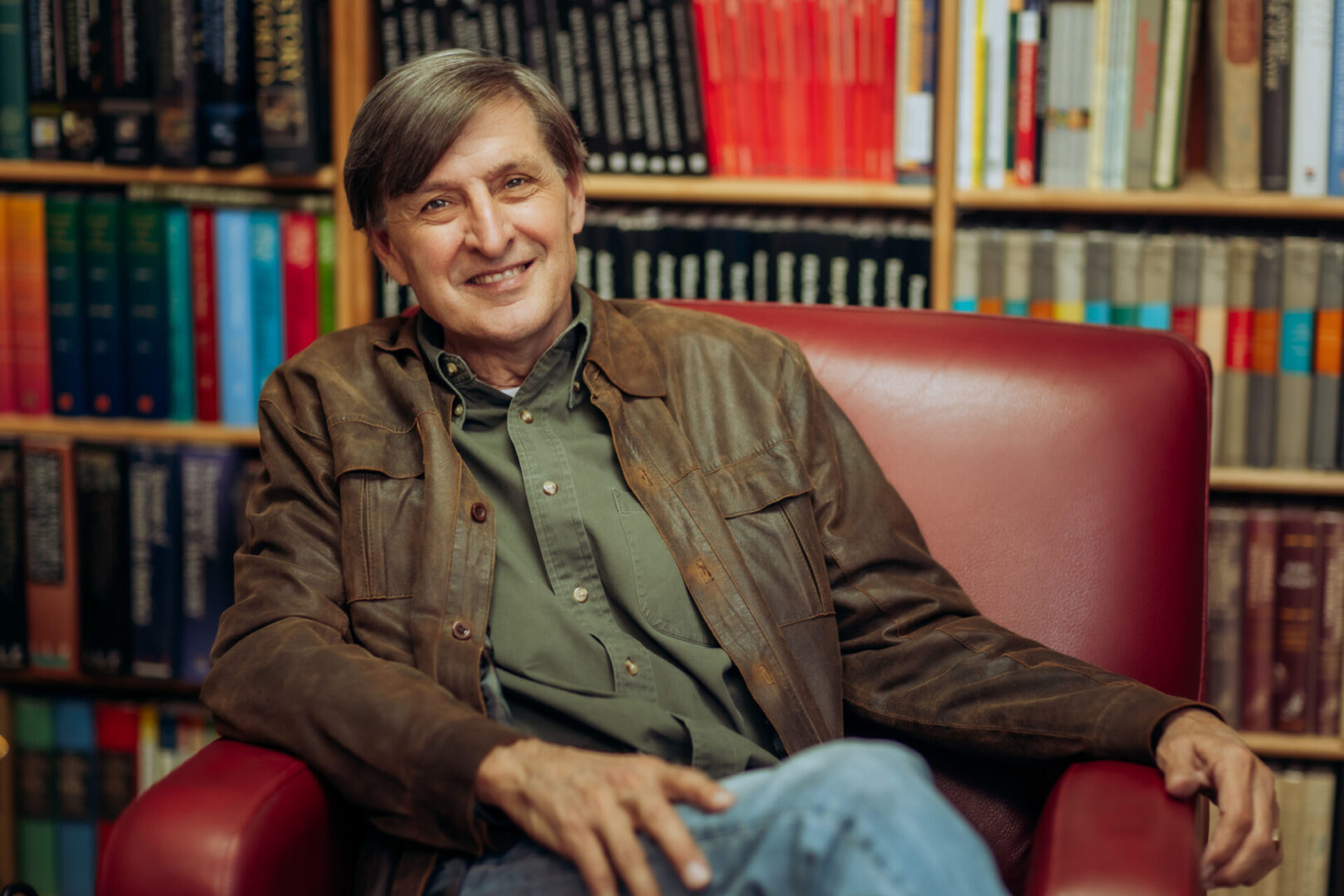
Hurry is an unpleasant thing in itself and it is very unpleasant for the people around you. Some people come into your room, rushing in and rushing out, and even when they are there they are not there -- they are in the moment ahead or the moment behind. Some people who come in just for a moment are all there, completely in that moment . . . If you let yourself be absorbed completely, if you surrender completely to the moments as they pass, you live more richly those moments.
Anne Morrow Lindberg, Personal Diary (February 1928)
The good listener doesn't moralize. They know their own minds well enough not to be surprised or frightened by strangeness. They give the impression that they recognize and accept human folly; they don't flinch when we mention our terrors and desires. They reassure us they're not going to shred our dignity . . . It is only too easy to end up experiencing ourselves as strangely cursed and exceptionally deviant or uniquely incapable. But the good listener makes their own strategic confessions, so as to set the record straight about the meaning of being a normal (that is, very muddled and radically imperfect) human being. They confess not so much to unburden themselves as to help others accept their own nature and see that being a bad parent, a poor lover, or a confused worker is not a malignant act of wickedness but an ordinary feature of being alive that others have unfairly edited out of their public profiles.
The School of Life: An Emotional Education (2019)
Patience signifies forbearance, which does not mean permissiveness or indulgence but the gift of room, time and space for the amendment of life . . . Patience can transform the situation from an occasion for resentment, frustration, or resignation to the disclosure of a whole new range of possibilities and challenges that we might never have glimpsed had not patience afforded leisure for their scrutiny . . . We shall never learn to act in measured and judicious ways toward others if we have not learned first of all to pay attention to them.
David B. Harned, Patience: How We Wait Upon the World (1997)
We all distort what we see. We all have to struggle to see what's really going on . . . And that's not easy, it takes work. You have to keep stripping yourself down, examining everything you see, getting rid of whatever is blinding you. And sometimes when you get rid of what's blinding you, you get your eyes opened, you don't like what you see at all. And that's the risk. It's much easier to live in a world you imagined . . . A world in which the questions fit the answers and the answers fit the questions . . . A world in which everything fits neatly into some idea or ideology.
Joan Didion, UC Riverside Commencement Address (1975)
I want to beg you, as much as I can, to be patient toward all that is unsolved in your heart and to try to love the questions themselves like locked rooms and like books that are written in a very foreign tongue. Do not now seek the answers, which cannot be given you because you would not be able to live them. And the point is, to live everything. Live the questions now. Perhaps you will then gradually, without noticing it, live along some distant day into the answer.
Rainer Maria Rilke, Letter to Franz Xaver Kappus (1903)
No one goes anywhere alone, least of all into exile—not even those who arrive physically alone, unaccompanied by family, spouse, children, parents, or siblings. No one leaves his or her world without having been transfixed by its roots, or with a vacuum for a soul. We carry with us the memory of many fabrics, a self soaked in our history, our culture; a memory, sometimes scattered, sometimes sharp and clear, of the streets of our childhood, of our adolescence; the reminiscence of something distant that suddenly stands out before us, in us, a shy gesture, an open hand, a smile lost in a time of misunderstanding, a sentence, a simple sentence possibly now forgotten by the one who had said it.
Paulo Freire, Pedagogy of Hope (1994)
Because neural structures are dynamic and variable according to circumstances, with different elements becoming more or less activated and prominent and more or less labile according to the salience of current stimuli, change is not just an on/off switch.
Tim Hicks, Embodied Conflict: The Neural Basis of Conflict and Communication (2018)
Transforming Conflict through Understanding, Compassion, and Respect
Experience: I mediated my first case—domestic violence—in 1980 while in seminary. Across the decades since, I have mediated estates, custody disputes, division of assets, elder care issues, end-of-life decisions, homeless services, architectural designs, HOA rules, building fund problems, educational decisions, and public safety concerns.
And, I have facilitated difficult conversations involving multi-generational family relations, international service projects, institutional communications, business ventures, non-profit reorganizations, neighborhood conflicts, inter-religious dialogues, capital improvements, and employee-employer relations.
Many conflicts are two-party matters—such as co-workers with differing values locked in a workplace dispute. Other conflicts involve community discussions with numerous stakeholders spanning several months—such as a heated public debate about cell towers in a coastal village. Frequent conflicts are inter-generational—such as when families grapple with elder care, trust funds, and estate settlements.
As a former pastor, I know that religious communities are often the sites of intense, multi-party, and multi-generational conflicts. Congregational disputes—such as intense committee discussions about music, liturgy, youth groups, work projects, property management, and the placement of the American Flag within a sanctuary—may seem trivial to non-religious persons.
But in fact, pastors mediate hundreds of conflicts occasioned by weddings, funerals, public holidays, and religious celebrations. Also, faith-communities often disagree over raising funds for salaries, building maintenance and capital improvements.
Respect: Conflicts are emotionally charged, and never inconsequential to persons close to the heat. I care about the persons I work with in conflict. I bring understanding, compassion, and respect to the table.
I specialize in the application of Bowen Systems Theory to conflict and mediation. Each of my conflict offerings and my training programs is uniquely designed for specific situations and may include the usage of conflict inventories, Bowen Systems Theory, mindfulness exercises, and critical self-reflection.
I understand varying conflict styles and the complexities of immediate families and extended kinship systems. I am compassionate—able to empathize with persons in deeply conflicted relations. I respect all parties--without exception.
And I do not judge. I possess the emotional maturity, the technical skills, the patience, and the commitment necessary to assist conflicted parties as they construct their own durable solutions to their own difficult troubles.
Training: Beyond extensive pastoral training—including significant studies in pastoral care and counseling—I have accrued over two thousand (2,000) hours in academic studies of conflict, professional mediation trainings, and coaching new mediators. I have studied Alternative Dispute Resolution (ADR) in Colorado, Illinois, Indiana, California, New Mexico, and North Carolina.
My inquiries have taken me to the University of New Mexico School of Law, Colorado State University, the Kroc Institute for International Peace Studies at the University of Notre Dame, the Lombard Mennonite Peace Center, the Udall Foundation--US. Institute for Environmental Conflict Resolution, and the Green Gulch Farms/Zen Monastery in California. Currently, I am engaged in the study of Restorative Justice Practices with an international cohort of practitioners through Simon Fraser University, BC.
As important in my practice, shaping the conversations I facilitate, are my studies with the Center for Courage and Renewal, founded by Parker J. Palmer. I owe much to their emphasis on guiding conversations held together by hospitality and integrity and trust and respect and reflection and courage--and hope. If we bring these touchstones into the room, good will emerge.

Disclaimer: By experience, manner, training, and calling—I am a mediator. I help others, both professionally and personally. I engage protracted conflicts, facilitate hard conversations, and work to understand tough family systems. However, this does not imply my life is without conflict, anxiety, strained familial relations, and other indications of human normalcy. I make mistakes—in life and work. Like you, in all ways I am merely human. ~~ William L. Mangrum

When the earth makes a particularly hard turn someone can fall off . . .
Joy Harjo, "The Song Of The House In The House" (from The Woman Who Fell From The Sky, 1994)
